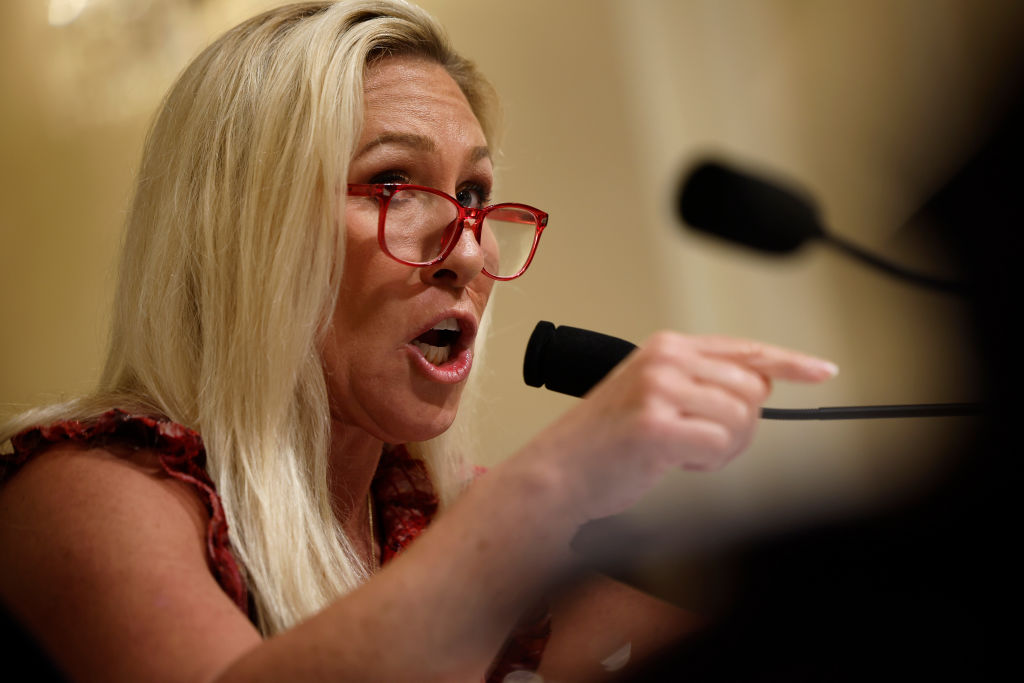Citigroup says it is imposing a moratorium on most foreclosures as part of a series of initiatives aimed at helping at-risk borrowers remain in their homes — making Citi the latest big bank to announce sweeping efforts to try to curtail losses from souring mortgages.
Citi said late Monday it won’t initiate a foreclosure or complete a foreclosure sale on any eligible borrower who seeks to stay in a home if it is the borrower’s principal residence, the homeowner is working in good faith with Citi and has sufficient income to make affordable mortgage payments.
Citi said it is also working to expand the program to include mortgages the bank services but does not own.
Additionally, over the next six months, Citi plans to reach out to 500,000 homeowners who are not currently behind on their mortgage payments, but who are deemed as potentially needing assistance to keep current with their payments. This represents about one-third of all the mortgages that Citigroup owns, the bank said.
Citi plans to devote a team of 600 salespeople to assist the targeted borrowers by adjusting their rates, reducing principal, or increasing the term of the loan, steps known in the mortgage industry as a workout.
Of the four biggest U.S. banks — Citigroup, JPMorgan Chase & Co., Bank of America Corp. and Wells Fargo & Co. — Citi has been on the shakiest footing as a result of the mortgage crisis, reporting losses in the past four consecutive quarters while its rivals have managed to post profits. The steps announced Monday are designed to stem those losses.
“Typically the lender loses the most money when a house goes into foreclosure,” said Barry Zigas, director of housing policy at the Consumer Federation of America. “(The lender) takes some kind of loss that’s usually much greater than what they sacrificed through some kind of workout.”
Sanjiv Das, chief executive of CitiMortgage, said, “It is in our interest that borrowers stay in their homes and actually make the payments.”
Citi is targeting homeowners in geographic areas with higher-than-average unemployment and foreclosure rates, primarily in Arizona, California, Florida, Michigan, Ohio and Indiana, Das said. The program is expected to affect about $20 billion in mortgages.
“As the unemployment rate is starting to creep up on us, there is going to be increasing distress in the marketplace,” Das said in an interview with The Associated Press. “It’s not going to distinguish between what type of mortgage they have.”
“There is a huge amount of anxiety among borrowers,” he said. “We will reach out to them before they become delinquent.”
Since early last year, Citigroup has helped about 370,000 families avoid foreclosure, representing more than $35 billion in loans, the bank said.
Citi has avoided negative amortization loans, option adjustable-rate mortgages, and other types of risky mortgages, defaults on which have skyrocketed since the start of the housing bust in the middle of last year. Still, the bank has nonetheless been hurt by the relentless downturn in housing that fed the mortgage and credit crisis, and in turn, the near-breakdown of the financial system.
With defaults mounting, other lenders, including JPMorgan and Bank of America, have also become more aggressive about modifications to mortgage agreements.
But a moratorium only solves so much, according to Zigas. “A moratorium on foreclosure will be effective at stopping foreclosure, it won’t be effective at stopping the underlying reasons of why people are in trouble,” he said.
By taking a proactive approach, Citigroup isn’t waiting until it’s too late to deal with delinquent borrowers, said Steve Curnutte, president of InsBank Mortgage in Nashville, Tenn. However, the problem is growing faster than most banks can handle, he said.
“It’s nearly an insurmountable undertaking,” said Curnutte. “The number of bad loans that they can modify using their resources is being quickly outstripped by the number of new loans that need to be modified.”
More than 4 million American homeowners with a mortgage were at least one payment behind on their loans at the end of June, and 500,000 had started the foreclosure process, according to the most recent data from the Mortgage Bankers Association.
Late last month, JPMorgan expanded its workout program to an estimated $70 billion in loans, which could aid as many as 400,000 customers. The New York-based bank has already modified about $40 billion in mortgages, helping 250,000 customers since early 2007.
JPMorgan also said it will not put any loans into foreclosure as it implements the expanded program over the next 90 days.
Bank of America, meanwhile, has said that starting Dec. 1, it will modify an estimated 400,000 loans held by newly acquired Countrywide Financial Corp. as part of an $8.4 billion legal settlement reached with state officials in early October.
The government is also working on an ambitious plan to help around 3 million borrowers avoid foreclosure, but details have yet to be released.
















